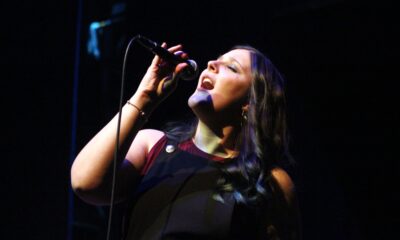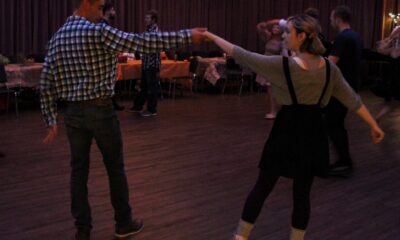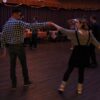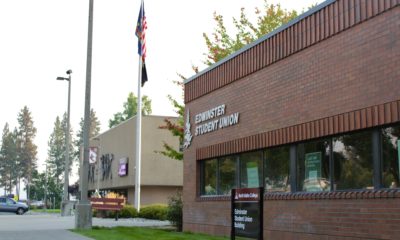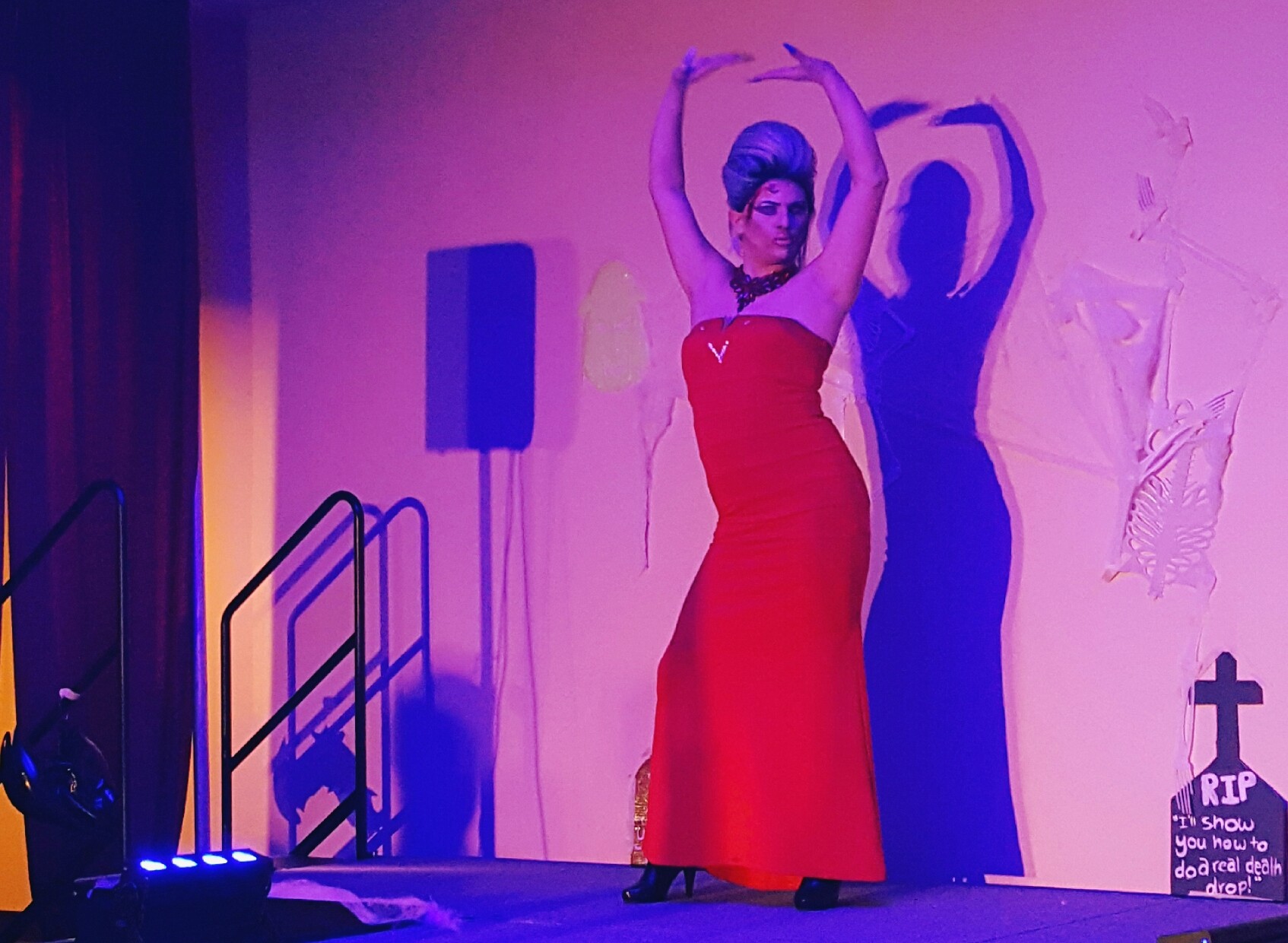For many Americans, television is an essential part of the day. Whether streaming Netflix in pajamas or recording the latest sitcom, we are always looking for the latest and easiest way to connect with the characters on screen.
We grow to love their silly antics or crime-solving savvy as they become people we relate to and look up to.
However for many Americans, it is difficult to find a television character they can see themselves in.
With a quick browse through the channels, it’s challenging to find television shows whose main characters are not straight, white, and stereotypically attractive.
For instance, there are not many television shows that feature women or racial minorities as the lead character.
There are few shows with main characters that identify as gay, lesbian, bisexual, or transgender. Even when shows do feature a gay character, they are most often stereotyped or portrayed as white men; for example, ABC’s “Modern Family.”
In addition, there is a small number of television shows that feature a main character with a physical or mental disability. Even when disabled characters have a role in television, they are often villainized or portrayed as strange and abnormal, such as in FX’s “American Horror Story: Freak Show.”
Although it is true minorities have been featured in more television shows than in the past, I often find their characters to be a stereotype of the multi-faceted people they represent.
I would like to see diverse characters who are not watered-down. Diverse characters who are not the friend, the side-kick, or the villain to their white counterpart.
Because broadcast television reaches out to such a wide audience, they have the ability to affect the way people think about and perceive minorities. So our television should mirror America’s diversity and represent those whose voices are lost in the masses.
Minorities need a bigger part in television so majority viewers can attach faces and stories to the real people behind them.
We need better representation in television so when transgender people are brought up in conversation, we don’t picture a dehumanized collection of people. Instead we remember the human triumphs and struggles of Sophia Burset in “Orange is the New Black.”
Minorities need a bigger part in television so young people can grow up seeing people like them better represented on one of America’s biggest media outlets.
However as of recently, popular television networks such as ABC and the CW have released television shows reaching out towards certain demographics. Shows like “Jane the Virgin” and “Blackish” feature a cast of characters who are different from Hollywood’s norm—hopefully making way for more shows that break the standard.
In the words of Malcom X, “The media’s the most powerful entity on earth. They have the power to make the innocent guilty and to make the guilty innocent, and that’s power. Because they control the minds of the masses.”




